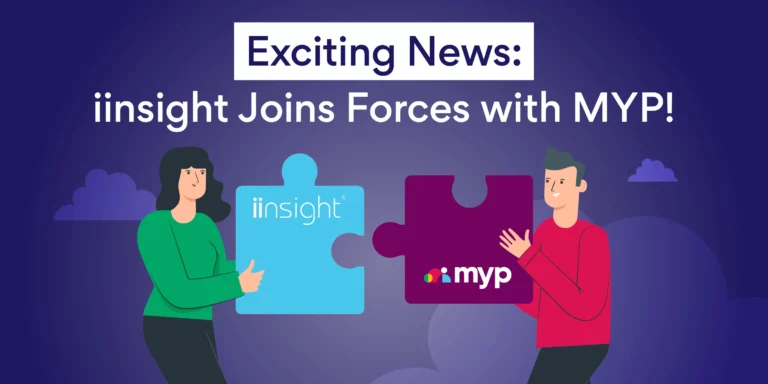Having your own psychology can be rewarding, as it gives you the chance to offer highly personalised care to people who may need your help in dealing with their mental health issues. No matter how big your current practice is, you might be wondering if there is anything more you can do to maintain the quality of your service or improve it. In that case, you need a versatile psychology practice software solution that should support and streamline the way you work.
Choosing the right software
As you explore the options for a psychology practice platform, you are likely to come across several options, including case management software that is designed for industry professionals like yourself. It may be a great choice, especially if it can be scaled to your needs and hosted in the cloud. That way, you can easily access your practice from anywhere and anytime.
Major perks
There are many benefits in using psychology practice software. It could encourage you to go paperless or at least reduce your reliance on using too much paper in keeping case files and invoices. It could streamline your invoicing and billing processes, and ensure a more secure way to store and access your documents, while keeping track of appointments on the fly.
More benefits for you
The purpose of using psychology practice software is so you can minimise your time administering, so you can keep focusing on important tasks, such as attending to your clients. To make that possible, the software should come with these features:
- Appointment setting and notifications – Make sure it has a reliable appointments tool to optimise the scheduling and management of clients, staff, and clinic resources. Email and SMS notifications should help confirm appointments and minimise no-show.
- Drag and drop – Update case files with ease by dragging new documents directly from the computer into a select case.
- Accounting system integration – Eliminate double data entry and related administrative costs when the psychology practice software integrates with your accounting platform to synchronise payments and invoices.
You can discover the benefits for yourself by signing up for a free trial. Reputable developers offer a trial period of 14 days, which should be enough to help you explore and understand how their solution can improve and support your practice!












